If it were 1899, and you were making a New Year's resolution, it might be to try that healthy eating style they're calling 'vegetarianism' .... But if you're not eating the ape and instead sharing dinner with him, what are you eating? Some Victorian cookbooks offered the solution long before the California 1960s hippies did.
She goes on to offer actual nutritional quantities comparing meat, animal products, vegetables fruits and grains for those wondering how they will get "nitrogenous matter," aka protein. Then come the recipes, and they seem pretty multicultural for 1898; she has curries, mexican beans, and emparadas (ok, she messed up, she clearly meant to say empanadas). Unfortunately, about half the book is sweets. Just like the laziest way to be a vegan today is by eating only potato chips and Oreos, the easiest way to be a vegetarian then was by just eating bread and cakes. "...we are living at a time when eating and drinking are carried to excess and when elaborate bills of fare are frequently placed before us, yet plain, simple, and healthful cookery occupies but a comparatively small space in the culinary world to-day." - Anna L. Colcord, A Friend in the Kitchen: Or What to Cook and How to Cook It, 1899. This feels like a complaint about 2010s foodies and a reason to try Total30 or another health diet... but Ms. Colcord does think that one of the best reasons to be a vegetarian is for the health benefits. She offers seemingly modern tips about eating granola, nut butters, and a meat substitute called 'protose,' which came from legendary abstinence-loving man, John Harvey Kellogg (apparently the Kellogg company made it until 2000, you can find a recipe here). This is a very basic cook book with not too many complicated recipes, and lots of great information like how to cook food to make it more sanitary (good tips in the days of Upton Sinclair's reports on meatpacking and lack of municipal sewers), how to create meal plans and menus for sabbath dinner and dinner with company, and even how to start with your vegetarian diet.
Mrs. Bowdich is very interested in how to use haricot (navy) beans as a source of protein and substitute for meat and has other recipes that are precursors to fake meat like "forcemeat" (great name for something that basically seems like a matzo ball...). She's also got some unrecognizable recipes (stewed cucumbers - no thanks) and some I can see myself making today (fried mashed potato patties). The one thing she doesn't seem to know? That gelatin comes from animals, dead animals. Aka, not vegetarian. Sorry, Mrs. Bowdich. Part 2: Recipe taste tests, coming soon.
1 Comment
2/23/2020 08:49:09 am
I have the golden age cookbook and enjoy it. Incidentally, the author's children started a trust in the name of their parents' kindness towards children and animals that still exists today over a hundred years later (the Latham Organization, I'm not sure of the exact name).
Reply
Your comment will be posted after it is approved.
Leave a Reply. |
Come in, the stacks are open.Away from prying eyes, damaging light, and pilfering hands, the most special collections are kept in closed stacks. You need an appointment to view the objects, letters, and books that open a door to the past. Archives
April 2023
Categories
All
|
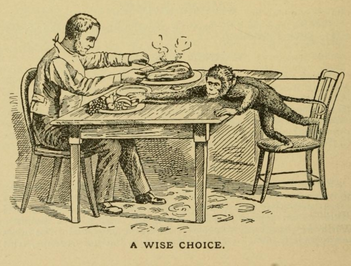
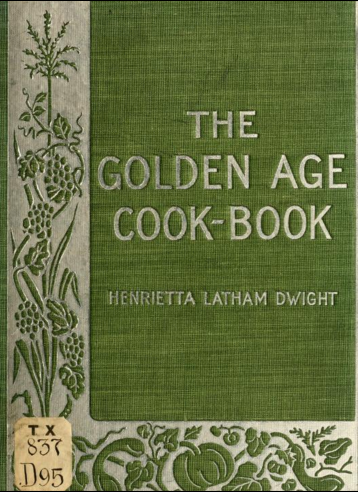
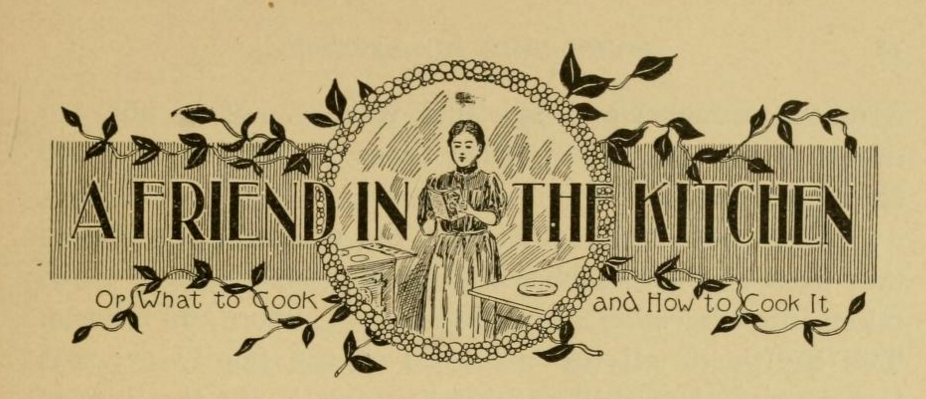
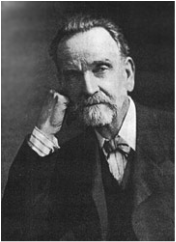
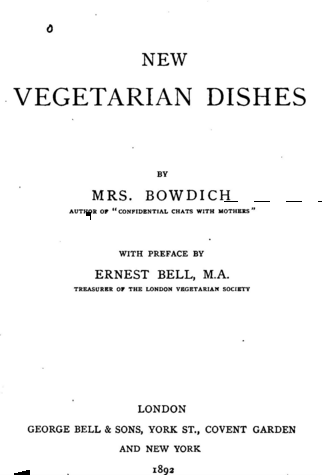

 RSS Feed
RSS Feed